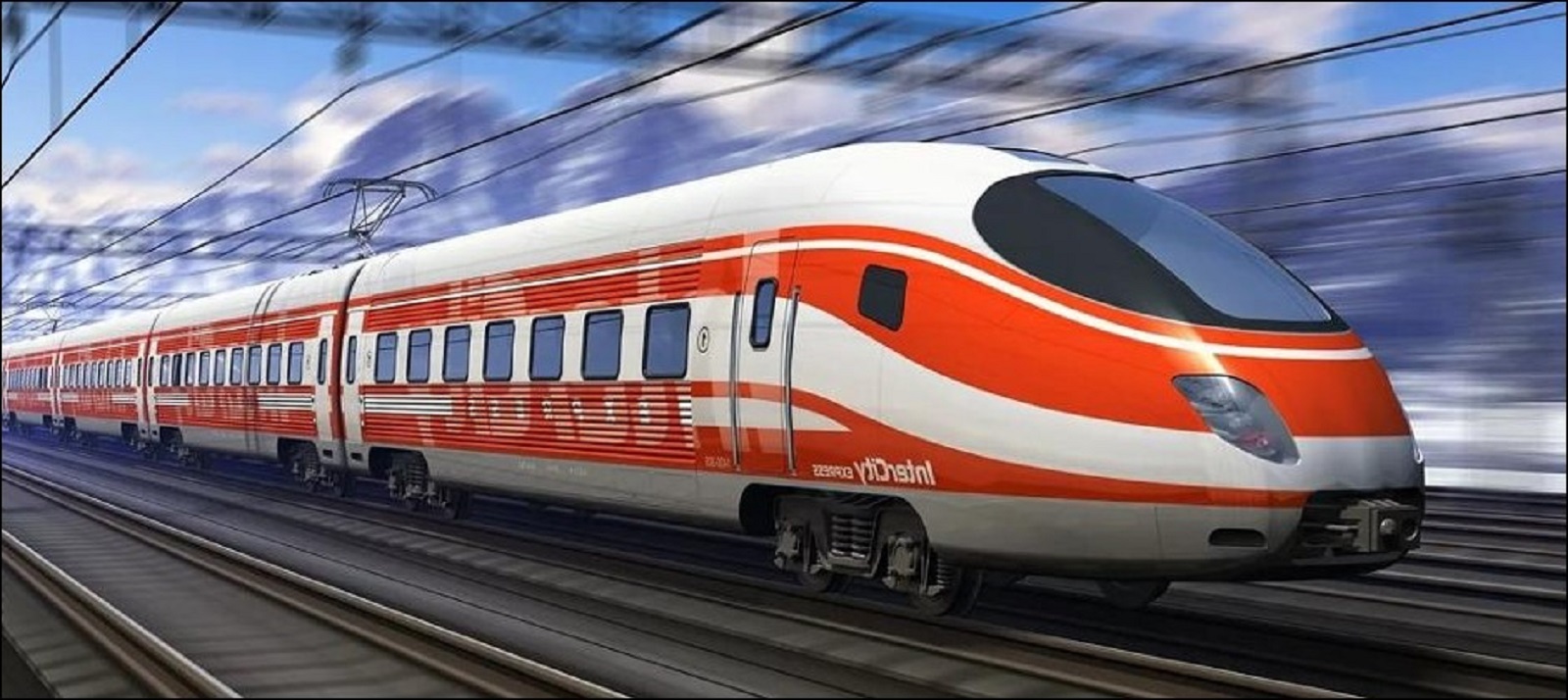We are talking with Vyacheslav Dmitriev, a finalist of the "Leaders of Russia-2018" competition, a graduate of the EMBA Kingston/RANEPA Russian-language program. In October 2020, literally on the eve of the defense of graduation theses, Vyacheslav was appointed Head of the Kuibyshev Railway. We sincerely congratulate Vyacheslav and wish him success on this path!

Over the past few years, the Russian Railways company has changed significantly. As once no one believed that it was possible to change the largest bank of Russia, but it happened, today many are skeptical about the prospects of transformation of the leading logistics company of the largest country in the world. Nevertheless, the process is underway, the changes are obvious, and the most impressive results are yet to come.
As a business school, we are interested in how the content of the EMBA program meets the ambitious modern tasks of companies implementing large-scale changes. This is our conversation with Vyacheslav Dmitriev.
"Innovation and Entrepreneurship" is now one of the main topics of study at the EMBA programs. The ability to change is the basis for maintaining the competitive advantage of companies. How is the search for innovative solutions implemented in Russian Railways?
V.D.: Russian Railways supports the concept of "open innovation", the implementation of which began in 2018, when at a meeting of the Board of JSC "Russian Railways" it was decided to create 5 regional innovation platforms. The algorithm of interaction with participants is extremely simple and clear. Areas in which solutions are being searched and tested: end-to-end digital technologies for rolling stock and infrastructure, intelligent video surveillance systems with analytics functions, online diagnostic systems (monitoring and monitoring) of railway infrastructure, rolling stock, systems for high-precision tracking of the location of workers in the open space. As an example of the application of innovative technologies, we can cite the testing of additive technologies, in other words, 3D printing. Rapid prototyping using 3D printing technology in a place where there is a need to reproduce parts is a new effective opportunity to reduce operating costs and develop engineering, as well as quickly develop prototypes of devices and mechanisms for a specific target task.
Recently, the course “Digital Transformation of Business” has been included in the mandatory EMBA program. How much is this topic in demand in Russian Railways, and how is it consonant with current tasks?
V.D.: Russian Railways is talking about digitalization at all levels, the company expects a serious increase in efficiency from the introduction of digital solutions. Let me remind you that the Russian Railways company was one of the first to start creating digital doubles, initially on the basis of the Kinel marshalling yard. The digital twin is a software analogue of the station that simulates the process of its operation, which allows you to objectively assess the options for the development of the current situation, their impact on operational performance and risks of disruption of the technological process, as well as the automatic formation of a train departure plan with a garter of locomotives and crews.
An important feature of the station's digital twin is that in order to set input effects on it, it is necessary to use information from sensors (scanners, readers) installed on real devices and objects – which implies a full-scale deployment of the industrial Internet of Things.
Further development of digital technologies in Russian Railways involves the phased implementation of design solutions – from small to large, that is, at the initial stage, software development and creation of a robotic digital railway junction, then a digital model of the road transportation process and, finally, a polygon consisting of several roads.
The international module in London -2019 was dedicated to the topic of sustainable development and "green" technologies. During the business visits, the participants studied the practices that they implement in international companies. What is Russian Railways doing in terms of implementing environmental solutions?
V.D.: Russian Railways is an undoubted leader in this field. I will give just a few examples of our environmental projects in the immediate vicinity of the former Syzran locomotive depot there is a residential area where, due to the release of oil–contaminated groundwater to the surface, the Kuibyshev Railway in 2011 - 2012 carried out work to clean up contaminated areas, and annually implemented measures aimed at maintaining a stable environmental situation and preventing possible risks of environmental pollution. Russian Railways approaches the solution of environmental problems comprehensively: funds are invested in the installation of outdoor wastewater collection networks, technical re-equipment of facilities and the construction of new ones. So, in the Vinnaya Grove Park, where soil pollution has a historical character, in order to eliminate the risks of additional pollution of the territory, it was decided to implement 3 investment environmental projects.
It can be said that Russian Railways, including the Kuibyshev Railway, conducts purposeful and systematic work in order to improve the environmental safety of railway transport facilities.
The result of studying at the EMBA program is an individual diploma project. The best projects are those that are accepted by the company for implementation. Vyacheslav, tell us what your graduation project is about?
V.D.: My graduation project is dedicated to the development of the concept of a "Digital Railway Hub". Every day millions of passengers travel using various modes of transport, which compete with each other, fight for the passenger. Each industry has its own statistics, development strategy, but does not have a general picture of passenger movement and cannot assess the need, as a result, the passenger is forced to adapt to the existing transport infrastructure, and not vice versa.
At Russian Railways, we understand that the rapid digital transformation creates new technical opportunities for the transition to a more profitable instrument of market coordination - cooperation based on digital technologies in order to combine efforts and network interaction. An example of such a symbiosis of several modes of transport are transport interchange hubs. In my graduation project, I am testing the concept and approaches of creating a digital railway hub, when on the basis of a common information field we can build a single digital transport network, develop a common strategy for the development of passenger transport.
Vyacheslav, thank you so much for a meaningful and interesting conversation! May the road that you have chosen and the opportunities that have opened up in front of you lead you to success!





